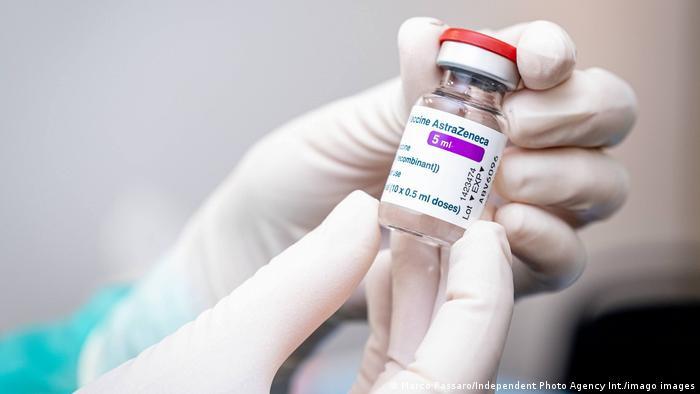Infection
Why some people don’t get sick from COVID-19 infection
By Sola Ogundipe
The so-called “super dodgers,” who get COVID-19 but show no symptoms, may have a hereditary advantage. According to a recent study done by researchers from the University of California, San Francisco, they are more than twice as likely to have a particular gene variation that aids them in killing the virus.
The study, which was released on July 19, 2023 in Nature, provides the first concrete proof that asymptomatic SARS-CoV-2 has a genetic foundation. The study contributes to unraveling the riddle of why some people can contract COVID-19 infection without ever becoming ill. The discovery points to new targets for drugs and vaccines.
“If you have an army that’s able to recognize the enemy early, that’s a huge advantage,” explained the study’s lead researcher, Jill Hollenbach, a professor of neurology, as well as epidemiology and biostatistics, and a member of the Weill Institute for Neurosciences at UCSF.
”It’s like having soldiers that are prepared for battle and already know what to look for, and that these are the bad guys.”
The mutation — HLA-B15:01 — is quite common, carried by about 10 percent of the study’s population. It doesn’t prevent the virus from infecting cells but, rather, prevents people from developing any symptoms. That includes a runny nose or even a barely noticeable sore throat./ UCSF researchers found that 20 percent of people in the study who remained asymptomatic after infection carried at least one copy of the HLA-B15:01 variant, compared to 9 percent of those who reported symptoms. Those who carried two copies of the variant were far more likely — more than eight times — to avoid feeling sick.
“We did not set out to study genetics, but we were thrilled to see this result come from our multidisciplinary collaboration with Dr. Hollenbach and the National Marrow Donor Programme,” said Mark Pletcher, a professor of epidemiology and biostatistics at UCSF.
The primary study group was limited to those who self-identified as white because the final set of study respondents did not have enough people in it from other ethnic and racial groups to analyze.
Researchers identified 1,428 unvaccinated donors who tested positive between February 2020 and the end of April 2021, before the vaccines were widely available and when it still took many days to get back test results.
Of these, 136 individuals remained asymptomatic for at least two weeks before and after testing positive. Only one of the HLA variants — HLA-B*15:01 — had a strong association with asymptomatic COVID-19 infection, and this was reproduced in two independent cohorts.
“Risk factors for severe COVID-19, like being older, overweight and having chronic diseases like diabetes did not appear to play a role in who remained asymptomatic.
“We are proud to partner on research that has the potential to leverage a long-term public investment in building the national registry to help cure diseases and improve our ability to avoid future pandemics,” said Martin Maiers, vice president of research at the National Marrow Donor Programme/Be The Match.

